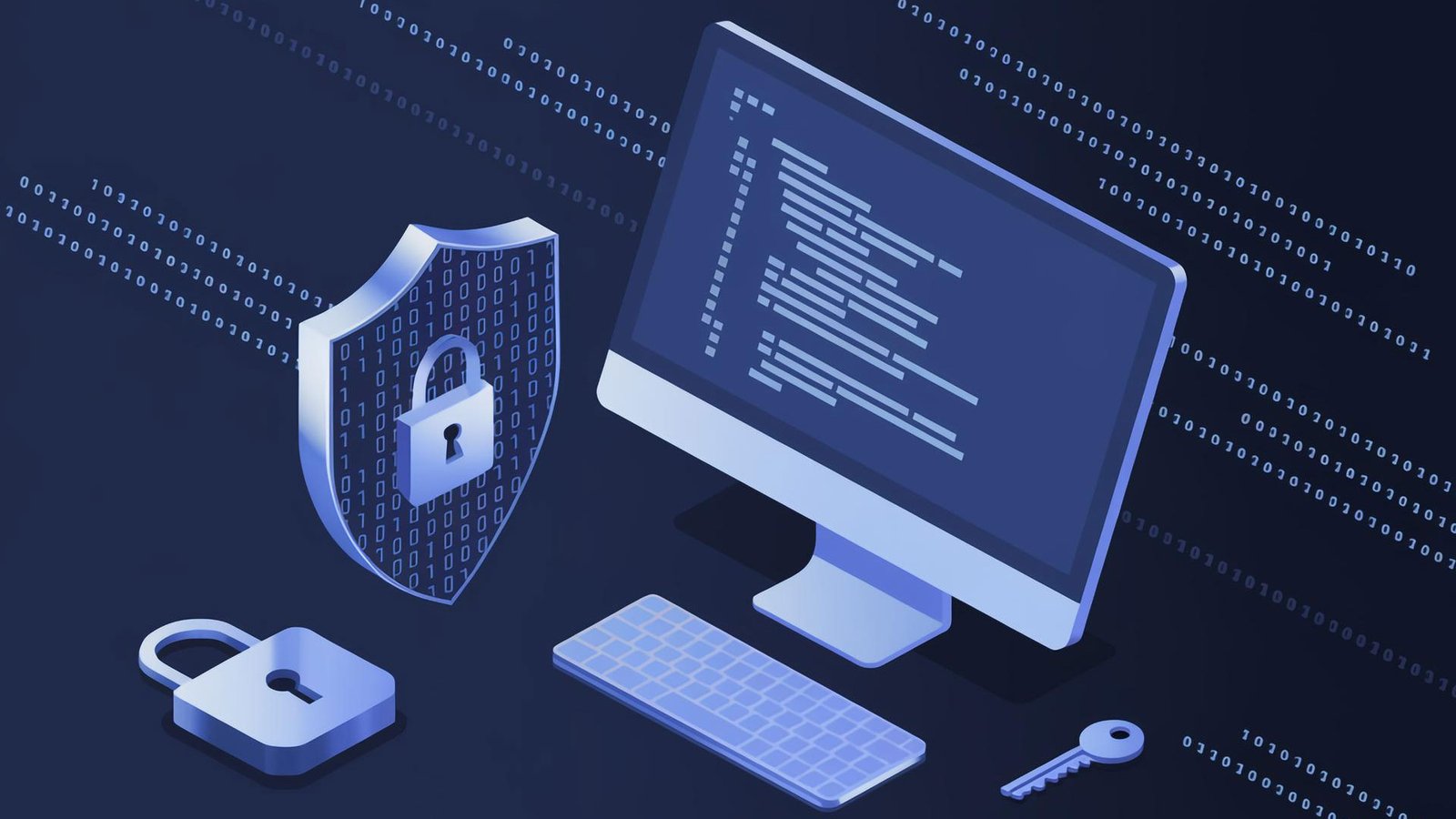New study reveals 30% of cybersecurity professionals are already using AI tools,
delivering insights into the early impact on team performance and hiring trends
ISC2 – the world’s leading nonprofit member organization for cybersecurity professionals – today published its 2025 AI Adoption Pulse Survey to measure the adoption of AI security tools across cybersecurity teams. Based on insights from 436 global cybersecurity professionals employed by organizations of all sizes, the research assesses the impact of AI adoption on team effectiveness, entry-level jobs and cybersecurity hiring.
“AI is reshaping how organizations operate, and cybersecurity is no exception,” said ISC2 Chief Qualifications Officer Casey Marks. “Our latest AI Survey shows cautious but growing interest in AI security tools, with adoption expected to accelerate in the future. Encouragingly, 44% of professionals report no impact on hiring from current or expected adoption of AI security tools, and 28% see AI creating new opportunities for entry-level talent. Findings suggest that AI is helping cybersecurity professionals by automating repetitive tasks and enabling them to focus on more meaningful work.”
Adoption of AI Security Tools
According to the AI Pulse Survey, 30% of cybersecurity professionals have already integrated AI security tools into their operations, defined in the survey as “AI-enabled security solutions, generative AI, and/or agentic AI for automatic action.” Additionally, the majority (42%) are currently exploring or testing their adoption, indicating strong momentum toward future implementation. Among those who have already adopted AI security tools, 70% report positive impacts on their team’s overall effectiveness.
Top five areas where AI security tools will have the most positive impact on operations in the shortest amount of time – improving efficiencies and automating time-consuming tasks:
- Network monitoring and intrusion detection: 60%
- Endpoint protection and response: 56%
- Vulnerability management: 50%
- Threat modeling: 45%
- Security testing: 43%
The largest organizations, with over 10,000 employees, lead the adoption of AI tools as part of their cybersecurity operations, with 37% actively using them. This is closely followed by mid-to-large (2,500–9,999 employees) and smaller (100–499 employees) organizations, each with 33% adoption. In contrast, mid-sized (500–2,499 employees) and the smallest (1–99 employees) organizations show the lowest adoption rates, with only 20% in each group actively using AI for security. Notably, the smallest organizations are also the most conservative, with 23% reporting no plans to evaluate AI security tools.
Among industries adopting, evaluating or testing AI tools for their security operations, industrial enterprises (38%), IT services (36%), commercial/consumer sectors (36%), and professional services organizations (34%) are leading the way. In contrast, financial services and the public sector currently report the lowest adoption rates, at 21% and 16%, respectively.
However, some industries with the lowest current adoption rates are most likely to be considering AI tool integration in the future. Within both financial services and commercial/consumer sectors, 41% of professionals reported actively evaluating these tools, while 36% of those in the public sector indicated the same.
Impact on Hiring and Entry-Level Roles
A majority of respondents agree that AI security tools will affect hiring at the entry level in cybersecurity. More than half (52%) say AI will significantly or somewhat reduce the need for entry-level staff. However, 31% expressed a more optimistic view, believing that AI will also create new types of entry- and junior-level roles or increase demand, helping to counter the decline elsewhere in early-career opportunities.
Respondents expressed optimism about the wider cybersecurity hiring landscape amid AI adoption. Nearly half (44%) agreed that their organization’s cybersecurity hiring has not yet been affected by the introduction of AI security tools. In contrast, 21% say AI has changed their hiring plans and priorities in their organizations.
At the same time, it’s clear that AI security tools are reshaping roles and responsibilities of existing staff. According to the survey, 44% of cybersecurity professionals said that their organizations are actively reconsidering the roles and skills needed to support the adoption and use of AI security tools.
The survey report highlights key insights for organizations and hiring managers navigating the growing influence of AI in cybersecurity. As AI continues to evolve, organizations must strike a balance – embracing its efficiencies while prioritizing investment in entry-level opportunities to ensure the cybersecurity workforce remains agile, skilled and future-ready.
Explore AITechPark for the latest advancements in AI, IOT, Cybersecurity, AITech News, and insightful updates from industry experts!

